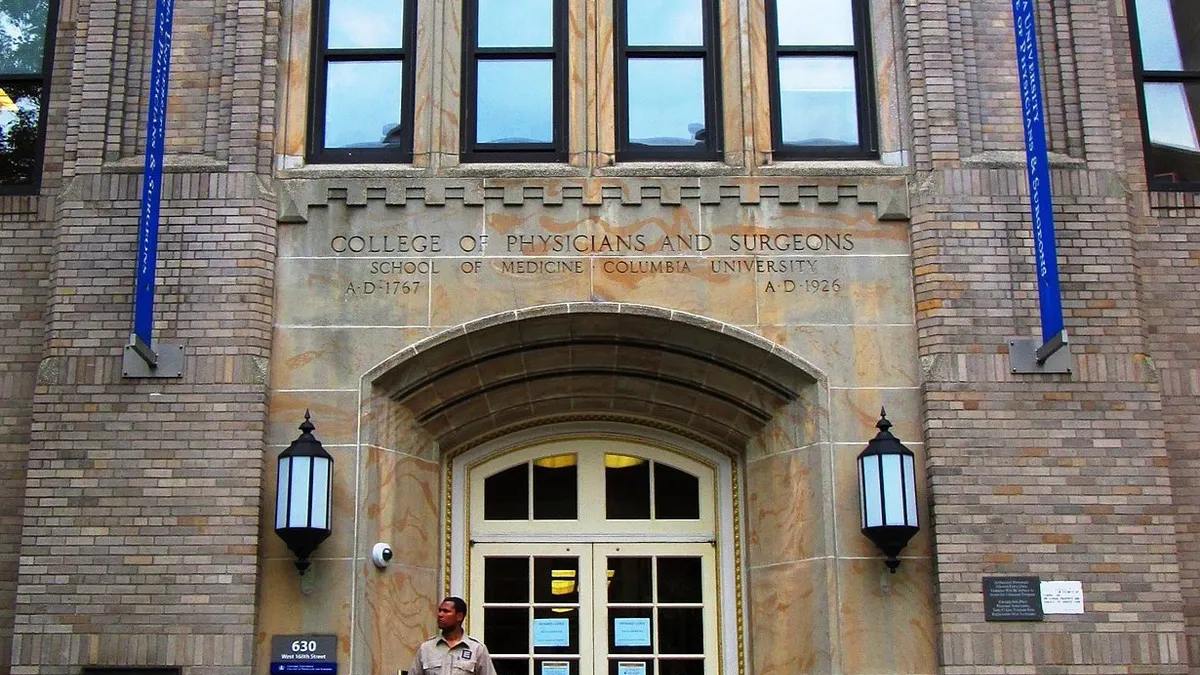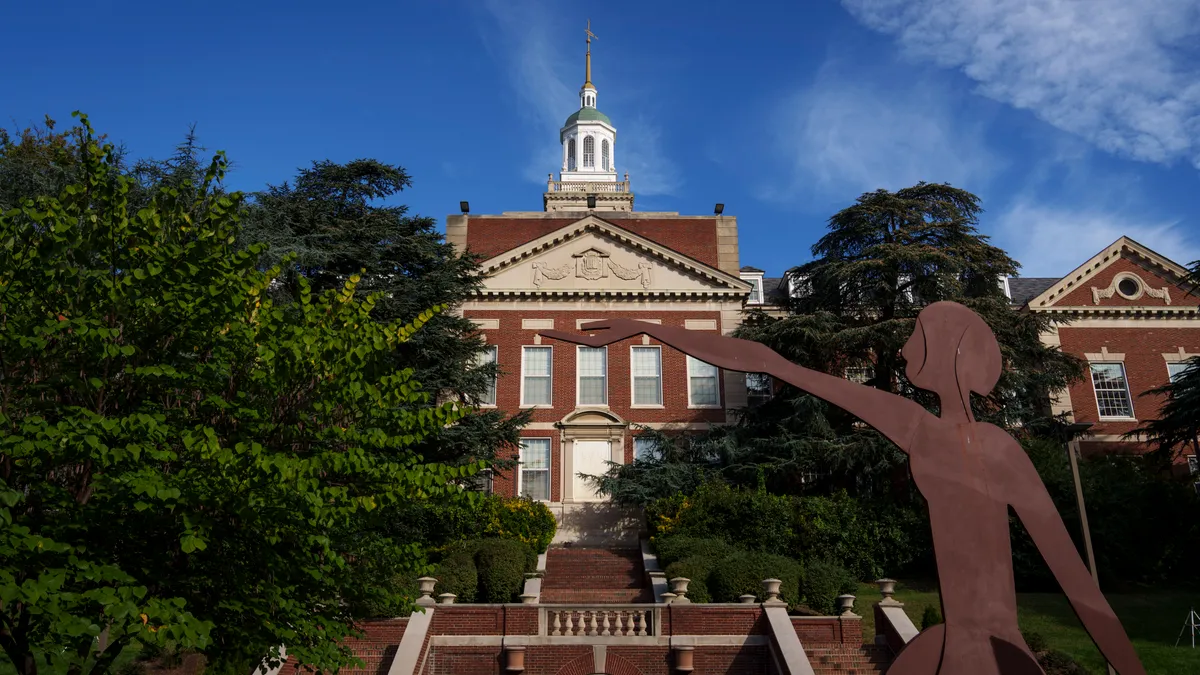Dive Brief:
- Nearly half of 440-plus regional admissions counselors — those who recruit in areas far from their home campuses — said they were seeking a new position, either within or outside of higher education, a new survey found.
- Roughly half of the officials also reported they saw no clear path for a promotion at their institution, according to the survey from the National Association of Regional Admission Counselors.
- The counselors are looking for new roles as some colleges beef up regional admissions programs because of the coronavirus pandemic. About 28% of regional admissions officials said their institutions grew their programs as a result of the health crisis.
Dive Insight:
The higher ed sphere was not immune to the pandemic-induced trend known as the Great Resignation, a widespread exodus and shuffling of workers, many dissatisfied with their current employment conditions.
After more than two years of turbulence, the sector seems to be on the mend, with the higher ed workforce swelling to 4.7 million people as of August, The Chronicle of Higher Education reported. This was roughly the same level as early 2020.
But recovery is not complete, and the Great Resignation’s effects on admissions offices was noticeable at some institutions, as the pandemic further stressed workers charged with developing classes of students during a particularly turbulent time. Entry-level admissions workers are often already paid poorly, too, leading some to leave the field.
The new admissions survey offers a glimpse into a contingent of those professionals. Admissions officials who unveiled the survey at last month’s meeting of the National Association for College Admission Counseling said its results could be used to inform the creation of successful regional programs, as well as retain these workers.
The survey was conducted in January through February this year.
Of the 230 regional officials who reported they saw no avenue to promotion, 100 said they were searching for new positions. Another 131 respondents said they needed to apply and interview to secure promotions at their current institutions. Of those, 46 said they were seeking new jobs.
At the same time, nearly half of all respondents said they’d taken on additional responsibilities because of the pandemic, while 40% said they had not. The survey found regional counselors read an average of about 560 college applications every year. But 66 respondents said they read more than 1,000 applications a year.
It also found these officials’ salaries weren’t keeping pace with inflation.
The 2022 national average salary for these officials was $58,443 annually. While this is higher than the 2019 average salary of $53,801 a year, it doesn't look as strong compared to 2019's average in inflation-adjusted dollars. The 2019 average salary had the same buying power as $60,287 a year as of March 2022, according to the U.S. Bureau of Labor Statistics.
Those who worked in Boston had the highest average salary of $72,000 annually, while the lowest was $44,667 in Detroit.
Nearly half said they had received some sort of merit raise in the last two years. But almost 60% said their colleges hadn’t given them a cost of living adjustment during that time.
Many of these officials are at the beginning of their careers. About four in five respondents said they had been working as regional counselors between one and 10 years.










